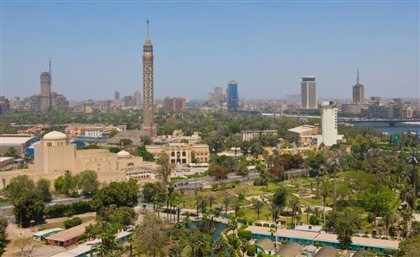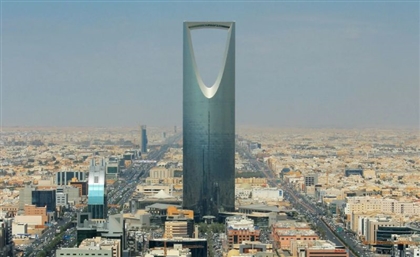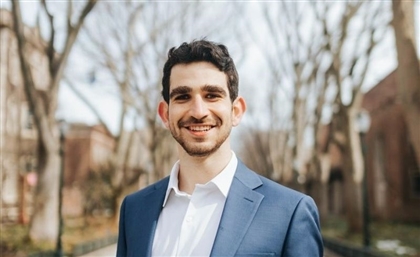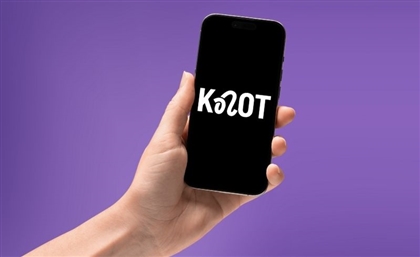Hazen.ai: The Saudi-Based Startup Revamping Traffic Monitoring in MENA
We talk to the creators of the innovative and holistic tech solution for bettering traffic safety across the world.
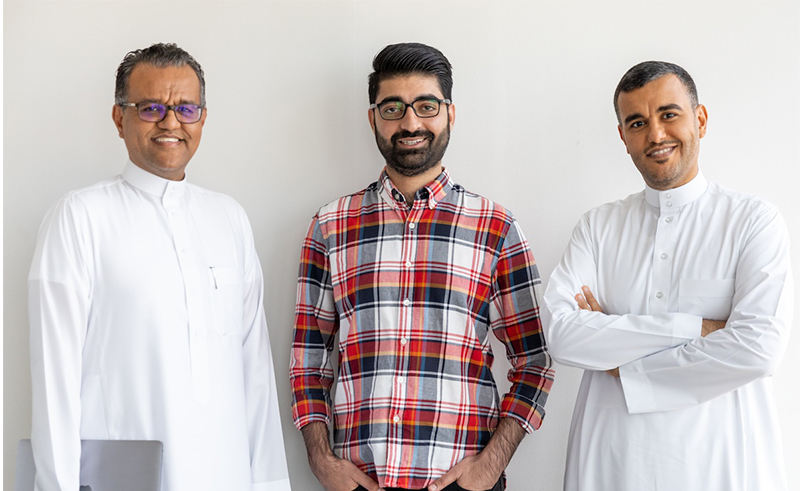
If there was ever a glaring testament to how fertile the MENA region is becoming to more and more tech-enabled solutions, it’d be this pandemic. Since last March, governments and ruling bodies have accelerated the integration of tech into industries. Be it health, education, finance, F&B, transport or banking, the pace is unmatched in either digitisation or integrating elevated softwares into these industries’ infrastructures.
Now while there’s an argument to be made that many of these industries have had their structures shaken up only because of the urgency of the Coronavirus crisis , industries that weren’t necessarily hit by the pandemic still triumphed. One of which is traffic. A bane in most of the Middle East’s backbone, traffic and poor roadside safety are rampant, and for decades the response to the phenomenon has often stagnated. “In some ways, we really have not been impacted by the pandemic all too much,” Dr. Suhaib Khan, CEO and co-founder of Hazen.ai. tells Startup Scene “The demand for better traffic solutions has been building up. The past few years, more governments are asking for more AI-enabled solutions, and more eager to disrupt the status quo of the existing culture surrounding traffic.”
Hazen.ai is a Saudi-born startup specialised in developing and building advanced traffic monitoring systems that are capable of clocking dangerous driving behaviour through video analysis. The startup was founded by four Saudi-based entrepreneurs Dr. Khan, Dr. Saleh Basalamah, Dr. Anas Basalamah and Muhammad Amin, all with a shared passion for bringing actionable solutions to traffic safety. This roster of innovative minds are all also academic innovators, which goes a long way in being both business leaders and affecting change. “We all hail from AI and sensor network technology backgrounds. And seeing the advancements that have happened in the industry with how video analytics and computer vision are utilised to solve major issues has definitely motivated us,” adds Dr. Khan.
According to the World Health Organisation (WHO), there are around 1.35 million traffic related deaths globally each year. According to Dr. Khan, that is the equivalent of one person dying every 24 seconds. “It’s almost like we’ve become complacent when it comes to roadside fatalities. Just another day, another accident. We believe that no longer can be the case; whatever may be the obstacle course, we must work our way through. Be it challenging driving conditions, cavalier enforcement measures or dense urbanised areas, there’s no reason for these figures to remain so high, or worse, keep rising,” says Dr. Khan.
The way in which the system works is entirely straight forward, just like an average traffic CCTV system, except more holistic. Most surveillance will be on the lookout for drivers running a red light or speeding. However, Hazen is trying to provide a more comprehensive software that is able to pick up on more beyond those boundaries. That includes whether a driver has their seatbelt on, are using their smartphone while driving or changing lanes to try and catch a closer exit. These small aberrations have become so normalised that it takes looking at the bigger picture to get a clear sense of their impact. Changing lanes to catch an exit, according to Dr. Khan, are considered the highest kind of highway accidents in the UAE. In a recent deployment phase of Hazen’s system in Egypt, it was found that 90% of drivers do not fasten their seatbelts while driving.
“The culture has been allowed to sprint in an unwarranted direction. Drivers now look at bypassing essential safety measures as harmless. That’s what calls for going beyond the normal offerings of traffic monitoring, where companies working within that domain mostly offer just sensors that pick up on speed. Having a more holistic approach might just usher in a new culture of accountability that would significantly reduce fatalities and accidents,” Dr. Saleh Basalamah adds.
On why this band of entrepreneurs and academics chose Saudi as their launchpad, Dr. Saleh Basalamah doesn’t only attribute the convenience of being based in the Kingdom, but also credits the country’s efforts in bolstering innovative ventures. “In recent years, and especially in the past few months, Saudi has made great strides in building up the nation’s entrepreneurial efforts. That kind of support is vital, and our success so far an attest to it. Even universities have afforded us their research labs to realise Hazen, and in turn gave us great funding opportunities.”
Hazen has already gone global, beyond Saudi Arabia, having deployed the beta versions so far in the US, UK, South America, Egypt and Oman. “There were always plans to go international. Traffic after all is a global issue. Several developing countries have still not yet adopted radar technology because of how pricey they can get,” notes Dr. Khan.
“Our solution can offer a perfectly fitting alternative that actually affects change. Our outlook really isn’t limited to the Middle East, our customers after all are not only traffic police, but service providers and integrators that work closely with the police to install these programmes. That is already incredibly convenient, since now many organisations have assimilated to dealing online and virtually because of COVID. So we don’t physically need to be on-ground to see our softwares realised, but agents from nations all around can simply see the integration through, and we get to see our idea manifest in almost every region of the world.”
Trending This Month
-
Jan 19, 2026



